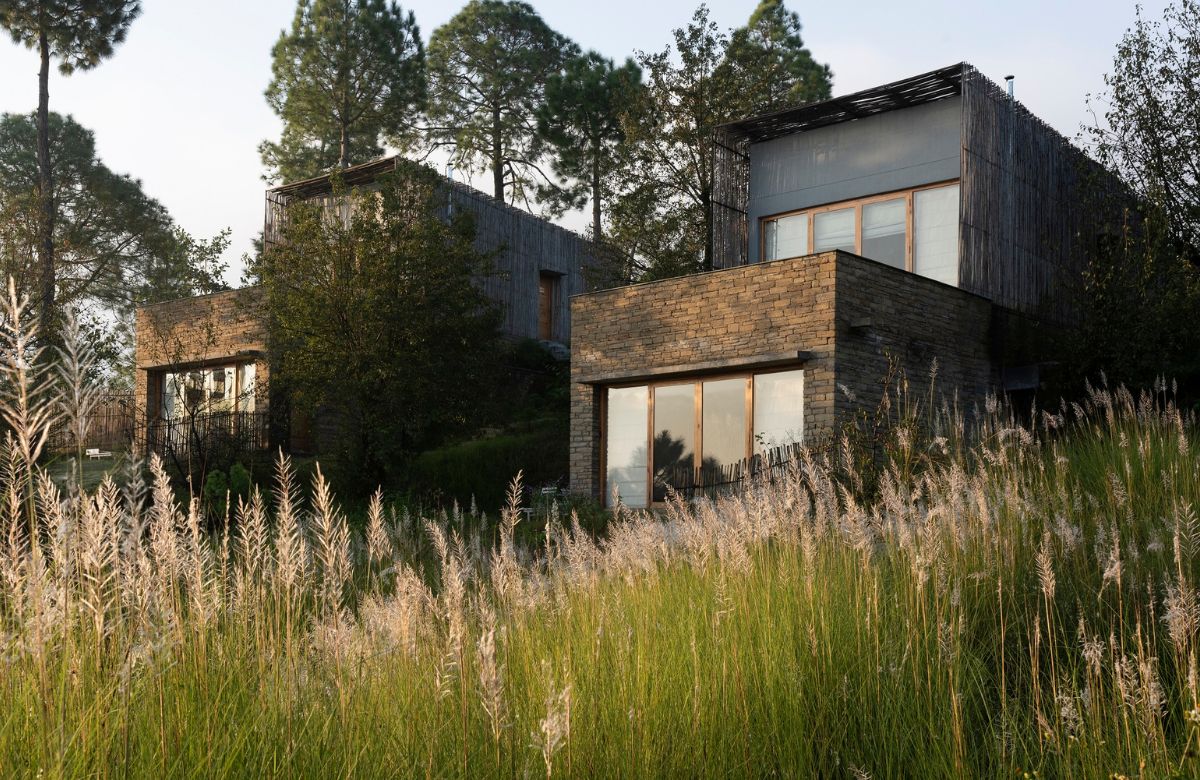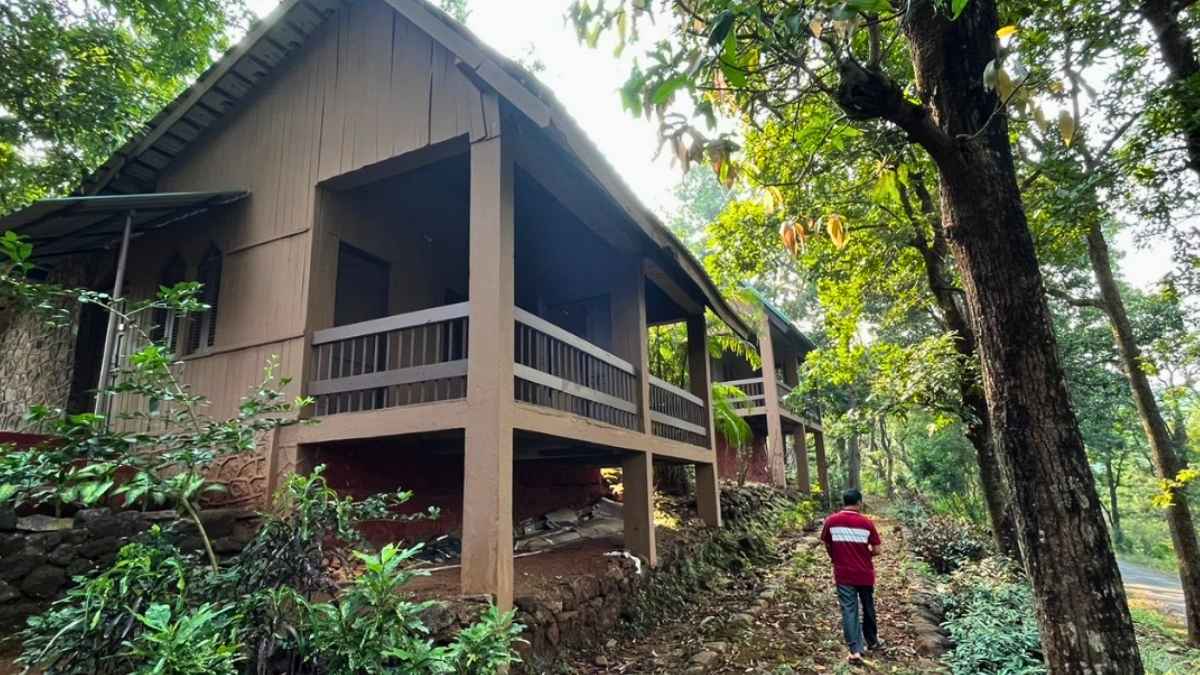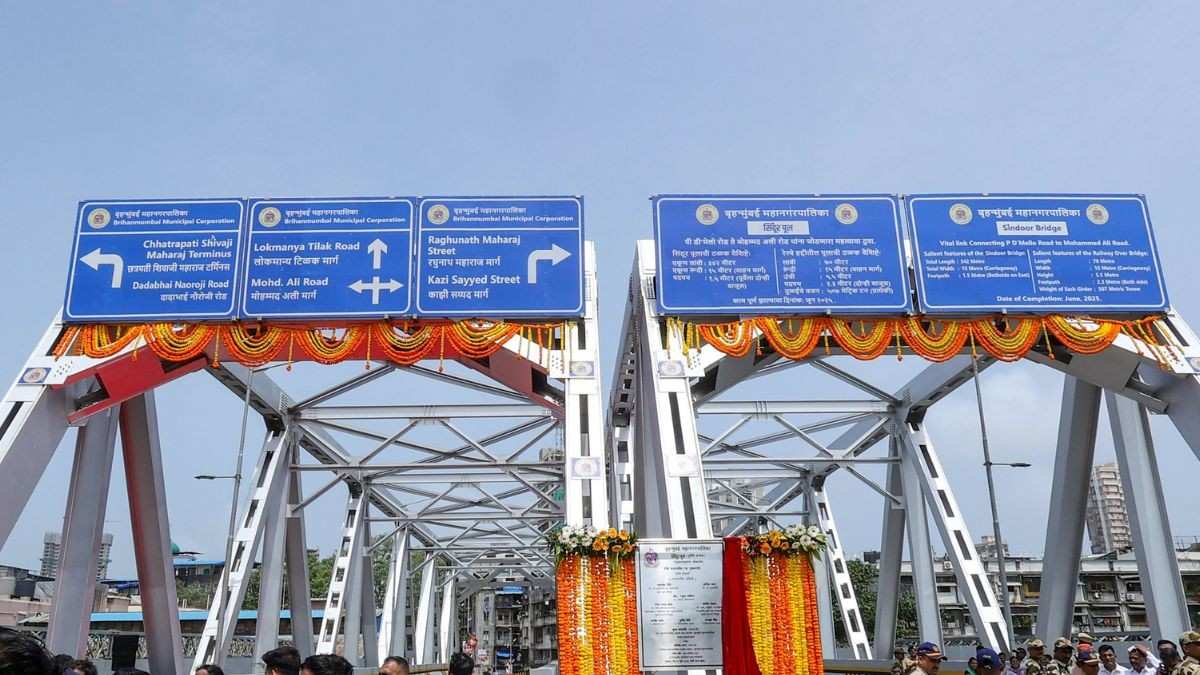In April 2023, leading hotels’ aggregator Booking.com released their 2023 Sustainable Travel Report, which shows 76% of travellers expressing a desire to travel more sustainably and environmentally-conscious habits are growing in popularity. While 51% believe there are not enough sustainable travel options yet 44% want to know where to find more of these So, how do you choose eco-friendly accommodations? What are the pointers?
Sustainable travel is a mindset that involves making conscious choices to minimise your environmental impact. There’s definitely a change underway. More and more hotels and homestays–both big and small–throughout the country are adopting practices to reduce environmental damage.
1. Environmental Certifications
View this post on Instagram
Look for hotels that have obtained recognised environmental certifications, such as LEED (Leadership in Energy and Environmental Design), Green Key, or Green Globe. These certifications indicate that the hotel has met specific sustainability standards and practices. In India, ITC Grand Chola in Chennai is the largest LEED Platinum-certified hotel in the world.
2. Community Engagement
View this post on Instagram
Research if the hotel is involved in local environmental or community initiatives. Kipling Camp at Kanha’s key focus area is the local community engagement where they provide regular support to the community for medical emergencies, school supplies and much more. The camp supports a healthy hygiene program for women as well.
Eco-lodge, Vanghat at Jim Corbett has been a part of a programme between the Corbett Tiger Reserve and Uttaranchal Forestry Department to stop destructive fishing methods of the golden mahseer. They directly contribute to offering direct financial and employment advantages to the communities living alongside the river.
View this post on Instagram
Odisha’s Belgadia Palace has also set up the Mayurbhanj Foundation, which works towards the empowerment of the local community through education, sports, arts, health, and livelihood generation.
Sustainable hotels often collaborate with local organisations, support local businesses, and engage in activities that benefit the community and the environment. This involvement indicates their commitment to broader sustainability goals beyond their own operations.
Also Read: India Boosting Sustainable Travel By Launching Eco Resorts For Tourists
3. Energy Efficiency
View this post on Instagram
Consider the hotel’s energy-saving measures. Look for features like energy-efficient lighting, smart thermostats, and renewable energy sources such as solar panels. Ladakh’s Stok Palace uses solar energy for power backup and geysers. The iconic Conrad Bengaluru also has energy-efficient LED lighting used. Pondicherry’s Dune Eco Village features villas, which have a solar water system and low-consumption bulbs. The Hyatt Regency in Delhi uses renewable energy and has a sewage treatment plant, amongst other sustainability practices.
When you are looking for a hotel, search for their commitment to reducing energy consumption and inquire about any energy-saving initiatives they have implemented.
4. Waste Management
Plastic pollution is one of the most pressing environmental issues today. Here’s our top 5 tips of what you can do:
I have given the flow for the images to be uploaded.#MeAndCGHEarth #CGHEarth #ResponsibleTravel #singleuseplastic #plasticfree pic.twitter.com/5xqztKOkNE
— CGH Earth Experience Hotels (@CGH_Earth) December 11, 2019
Check if the hotel has a comprehensive waste management system in place. Look for their commitment to minimising single-use plastics, and initiatives to reduce food waste. The properties of CGH Earth follow a ‘no single-use plastic’ policy with guest rooms featuring filtered water in glass bottles and refillable shampoo dispensers. Plastic consumption is cut down to the minimum by using reusable cloth bags used as bin liners; they use reusable ceramic ware to keep the room bath amenities.
Some sustainable hotels may even have composting programs or partnerships with local organisations for recycling or repurposing materials.
5. Preserve Local
View this post on Instagram
Rather than demolishing old buildings, adaptive reuse involves repurposing them for new functions. This approach avoids the environmental impacts of demolishing and constructing new buildings. It also reduces waste and extends the lifespan of the existing structure. Find accommodations that lead the foundation of architectural preservation.
The Lodge at Wah, Palampur kept their design rustic by using local and traditional Kangra architecture built with all-mud walls, no chemical polish, no paint, and no concrete. Even, recycled materials were used for the construction.
The Kumaon at Kasar Devi has been built around the idea of sustainable architecture that highlights locally sourced materials. The lower suites are built of locally-quarried stone used for Kumaoni village homes while the terrace upper suites use fly-ash bricks clad with bamboo sticks and copper wire.
View this post on Instagram
Inquire about the hotel’s approach to sustainable dining. Ask if they source local, organic, or fair-trade food products. Some hotels may even have their own gardens or work with local farmers to support sustainable food practices. The Kumaon even have a few indigenous species of trees grown into the green landscape including cedar, oak, and rhododendron, and also encourage the cultivation of local pulses, fruits and more in the area.
Adopting eco-friendly practices is an ongoing process. By considering some simple factors and conducting thorough research, you can choose a hotel that contributes to a more responsible and eco-friendly travel experience.
Cover image credits: Instagram/The Kumaon
First Published: June 05, 2023 3:07 PM



